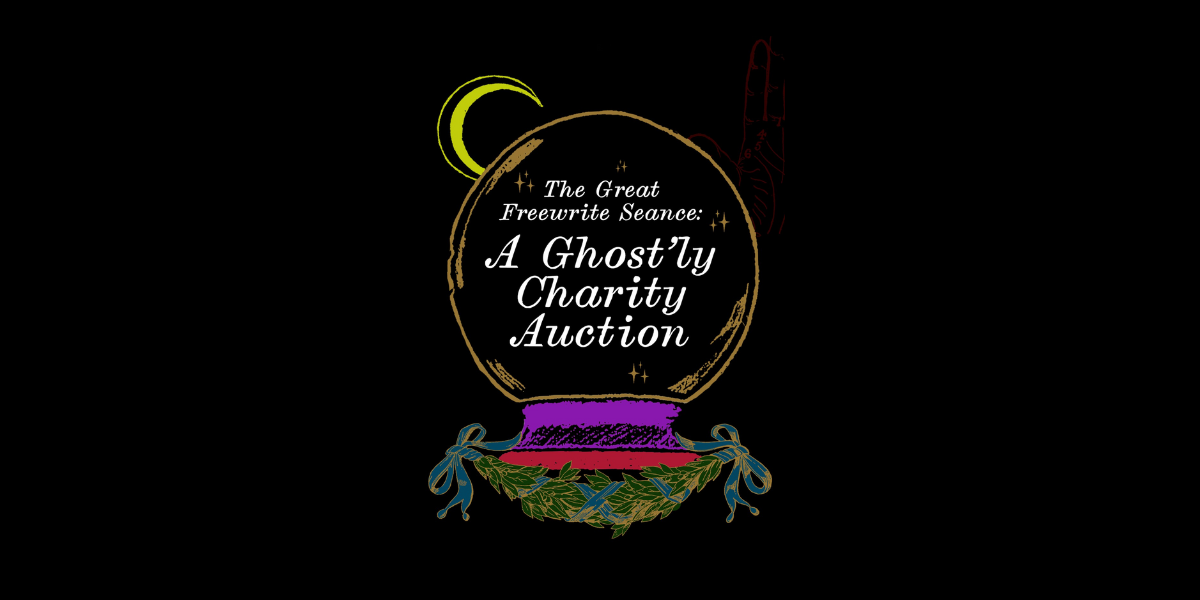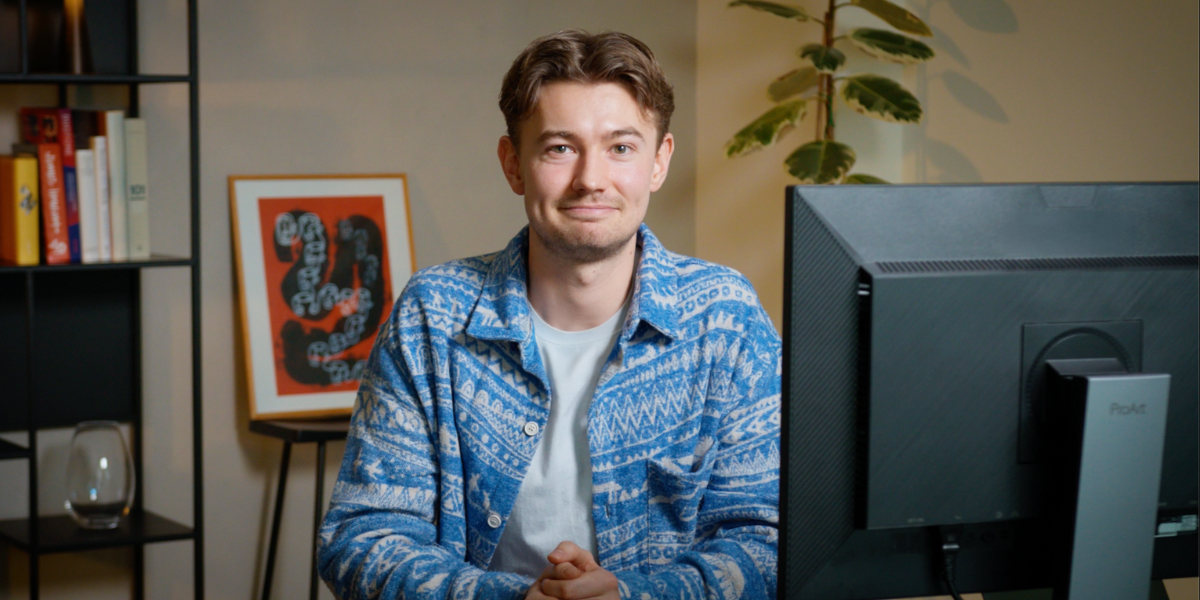
Happy Friday the 13th! It's the perfect day to delve into the spookiest genres. 👻
Why Do We Love Scary Stories?
A fascination with the dark and macabre has deep roots in human psychology and culture. At a very simple level, being scared can trigger an adrenaline rush, which is a visceral, exciting experience — enjoyable for many people.
Reading and writing horror also often serves as a form of emotional release, in which people can confront and process their own fears in a controlled and safe environment. In other words: we can experience danger from a safe distance. Through this experience, we also learn a little about ourselves: How do we react to fear? What does it feel like? How much can we take? Humans are naturally curious, so confronting the unknown and scary “what-ifs” through fiction is enticing.
To find out a little more, we spoke with two spooky authors in the Freewrite Fam about what makes scary stories so tempting to us mortals. We also discussed their writing processes and what's next on their journey into the horrific.
Without further ado, meet Briana Morgan and Connor Metcalf!
Spookier Than She Looks: Briana Morgan
Briana Morgan has more than a decade of experience scaring herself and others. She's also an active member of the Horror Writers Association. And she's spookier than she looks...
Who are some of your favorite horror authors?
Some of my literary influences include Shirley Jackson, Stephen King, Gemma Amor, Laurel Hightower, and Daphne du Maurier.
Why do you think people are drawn to scary themes?
Spooky stories allow us to explore the darker parts of life without risking harm. They provide a safe space for self-exploration, empathy, and growth. Plus, it’s thrilling to be scared (pun intended).

What does your writing life look like?
Until two weeks ago, I was a technical writer for the day job. Now, I’m a full-time horror author. I try to publish at least one book per year, which is mostly within my control because I’m self-published. While my writing is for publication, I write for myself first. If you don’t enjoy writing, then what’s the point?
Process wise, I write at least 2,000 words per day on my Traveler when working on a first draft. If I’m editing, I edit for an hour or two per day.
Tell us a bit about your books.
I’ve published eight books. They’re available everywhere in paperback and audiobook form, and ebook only on Amazon. My book The Tricker-Treater and Other Stories won a Godless 666 Award for Best Audiobook, and my latest, The Reyes Incident, has sold more than 16,000 copies to date.
Anyone who has read my work knows I love character-driven horror. I like a slow burn with personal stakes and flawed people you still root for.
And what are you working on now?
Now, I’m working on a new project, an adult horror novel about a reality TV show on a deserted island that goes horribly awry.
That sounds delightful. Or, not so delightful, really. But spooky. And sometimes that's delightful!

Briana Morgan has a BA in English and Creative Writing from Georgia College & State University. When not writing, Briana loves reading disturbing fiction, playing video games, and spending time with her new husband.
Learn more about Briana on her website, or follow her on Twitter, Instagram, or TikTok. Sign up for her newsletter at substack.com/@brianamorgan.
--
Embracing the Macabre: Connor Metcalf
Connor Metcalf just finished his debut novel, a sprawling coming-of-age dark fantasy of 98,000 words, on his Freewrite. But what draws him to dark stories?
What genre do you write?
The book I just finished was a horror novel, but of the story’s own volition, became a dark fantasy. However, I'd like to think of the two genres as siblings. Tried and true horror novels didn't necessarily inspire me.
Who are some of your inspirations?
Without a college education, I am perhaps not the typical novelist. I never thrived in school. It wasn't the right environment for me to learn. Instead, my writing stems from reading — a lot of it. Bulgakov, Rushdie, Miller, King — they were my college professors, and they did better for me than any classroom ever could.
Mikhail Bulgakov's The Master and Margarita, Leigh Bardugo's Ninth House, and Gillian Flynn's Sharp Objects were all in mind while I was writing my last book — each having varying horror elements, from playful to grotesque.
Why do you think you are drawn to those themes?
God. I was terrified of everything as a child, but for some reason, I always begged my parents to take me to see horror movies. Of course, I would be completely distraught afterward — terrified to even sleep in my room.
I can't say the exact moment, but a switch went off at some point during adolescence. My fear had exited the building. I embraced the macabre and the horrendous and found it, quite frankly, so exciting. There really is nothing like it when horror is properly executed!
Tell us a bit about your writing life.
The ultimate goal is to be published, but there's also a deep-seated compulsion to write and a passionate love for the craft. Most recently, I’ve been writing all day. I start around 10 a.m., go until 4:30 p.m., take a break to work out, and then get in another session after dinner. I was utterly obsessed with my most recent project, which heavily influenced the long hours. We'll see if that changes for the next novel.
My most recent story landed in my lap from out of nowhere on the same day my Traveler arrived. Coincidence? I think not. I ran with it, and at 98,000 words, I'd say it was a successful venture!
Traveler is the only product I own of the Freewrite family, but after playing an instrumental role in pushing me to write my book, I'm considering upgrading with the Lemon Smart Typewriter. I deserve it, right?
What are you working on right now?
I'm in the process of editing a novel that I keep saying is finished but isn't technically complete. The story is finished; it’s just being buffed and polished. It's a dark fantasy novel that focuses on the coming-of-age journey of a closeted high school senior in Orange County, CA, set during the summer of 2003. The protagonist is the prime target of a malevolent woman who happens to be taking over his community.
Wow. We can't wait to read it!






























